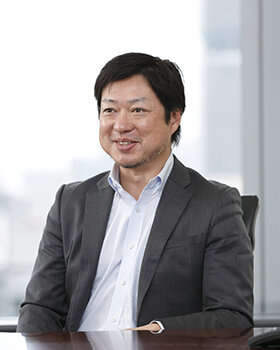Paper Foreign Affairs and National Security 2013.09.25
Japan's Foreign Policy Agenda after the Upper House Election -Where Shinzo Abe will try to take Japanese diplomacy-
Golden Opportunity for the Abe Administration
The Liberal Democratic Party and its coalition partner, New Komeito, followed up their landslide victory in December's Lower House election by also securing a working majority in the Upper House election in July. As a result, the government led by Prime Minister Shinzo Abe is entitled to bring Japanese politics some long-awaited stability, given the absence of nation-wide election until July 2016.. The more recent electoral victory marked the first time in six years for the ruling parties to hold majorities in both the Upper House and Lower House. Japanese politics had been suffering from a so-called "twisted Diet," in which the Upper House was ruled by the opposition. This divide effectively undermined crucial decision-making. And the frequent changes of leaderships -- Japan has had six prime ministers, nine foreign ministers and nine defense ministers in the past six years -- conspicuously degraded Japan's political presence in the international arena.
The results of the two national elections, which have consolidated the Abe administration's political capital more firmly than at any other time in the past six years, bring Japan a golden opportunity to advance its foreign policy goals. In general, domestic stability creates favorable conditions for making a grand bargain in diplomacy. This is not only because internal stability generates strong external bargaining power, but because it also creates better conditions for making concessions at home. If skillfully managed, Abe's long-term leadership, with a high public support rate, can become the prime minister's most crucial foreign policy asset as he plays a two-level international/domestic game.
However, the Abe administration is facing an ever more challenging geopolitical environment, especially that close by. China has heightened its wariness regarding the Abe administration's so-called rightward tendency. At this moment, no leads or gambits are at hand to bring about a Japan-China summit. South Korea is seemingly rapidly tilting toward China, as demonstrated by President Park Geun-hye's visit to China in June. As it does, it appears to be drawing away from Japan. Abe's strong commitment to resolving the abduction issue with North Korea during the present administration is not readily achievable. Negotiations with Russia on the Northern Territories allow for little optimism despite prospects for advancing bilateral economic and security partnerships. It can also be anticipated that participation in the Trans-Pacific Partnership (TPP) can involve domestic economic reforms that would have considerable repercussions.
It will be tough for Abe to achieve everything or any on his foreign policy agenda during his three golden years. Pushing through his priorities will require not only assertive diplomacy, but also continuous negotiations. Along the way, compromises and concessions within Japan will become necessary. The question is whether Japan will be able to develop the kind of pragmatic political environment that makes these offensives and compromises possible...
Japan’s Foreign Policy Agenda after the Upper House Election
